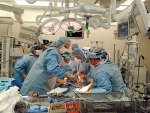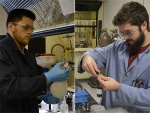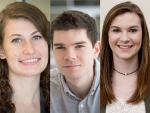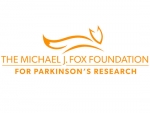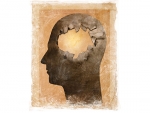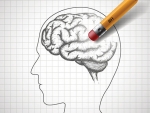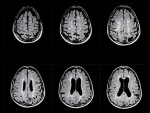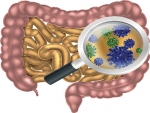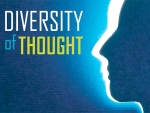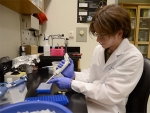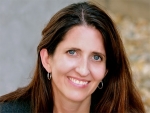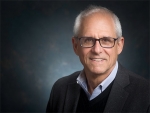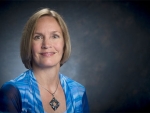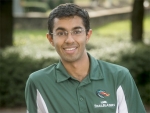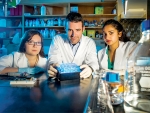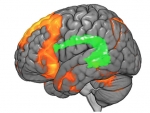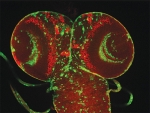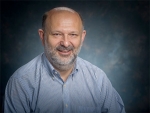Displaying items by tag: neuroscience
Tagged under
At a time when medical cannabis and cannabis-based products are gaining traction in the treatment of seizures, one of UAB’s CBD oil investigators serves as a guest editor for a special research journal devoted to cannabinoid research.
Tagged under
UAB neurosurgery’s commitment to quality care is reflected in outcomes that beat national averages in key measurements.
Tagged under
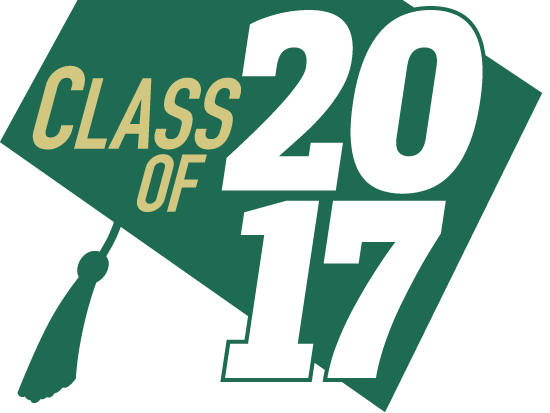 Cowan and Unger will pursue further work in drug discovery as they enter graduate school after commencement in April.
Cowan and Unger will pursue further work in drug discovery as they enter graduate school after commencement in April.
Tagged under
Ben Boros, Maggie Collier and Remy Meir join the group of 24 UAB students to date who have been named Goldwater Scholars.
Tagged under
A committee selected by the Michael J. Fox Foundation for Parkinson’s Research awarded UAB and four other centers as Edmond J. Safra Fellowship in Movement Disorders sites-
Advances in brain imaging allowing early detection of the plaques implicated in Alzheimer’s disease have pushed prevention strategies in the fight against dementia.
Tagged under
UAB is a clinical site for the A4 Study of Alzheimer’s disease, recently featured in Newsweek magazine.
Tagged under
The National Multiple Sclerosis Society has named UAB a Center of Comprehensive MS Care, the highest designation in its three-tiered system.
Tagged under
New research from UAB sheds light on the connection between Parkinson’s disease and the trillions of bacteria in our guts.
Tagged under
Becoming a neuroscientist is hard enough. But some trainees, including minority students and those with disabilities, face different challenges along the way. UAB’s Neuroscience Roadmap Scholars program helps pave the way for their progress. A few scholars share their stories.
Tagged under
The expanded UAB Summer Program in Neuroscience, with renewed funding from the National Science Foundation, is looking for underserved undergrads for science mentoring.
Tagged under
It appears that new cells compete to ‘win’ synapse connections away from old cells, which promotes network plasticity.
Tagged under
A UAB study confirming the efficacy of surgical removal of the thymus for patients with myasthenia gravis was cited as one of the top neurology stories of the year by the New England Journal of Medicine.
Tagged under
This study shows how stress blocks the release of an anti-anxiety neuropeptide in the brain, and it could pave the way for new therapeutic targets for PTSD.
Tagged under
Bhambhvani, a psychiatry and School of Medicine student, will receive funding to pursue a biological science graduate degree at the University of Cambridge if selected.
Tagged under
Thanks to the popular TV show Blacklist, America is becoming familiar with CRISPR, a revolutionary gene-editing tool. UAB scientists and students explain how it works — and how they are using these “molecular scissors” to cut a path toward genetic cures for sickle cell and brain diseases
Tagged under
A seven-year effort led by a UAB neurologist has established the first guidelines for the use of fMRI in epilepsy surgery.
Tagged under
This rapidly fatal brain cancer has seen only two improvements in therapy in 30 years, and research findings are pointing toward a unique new human clinical trial in 2017.
Tagged under
UAB neurobiology professor Vladimir Parpura becomes the second UAB faculty with membership in the Dana Alliance for Brain Initiatives.
Tagged under


